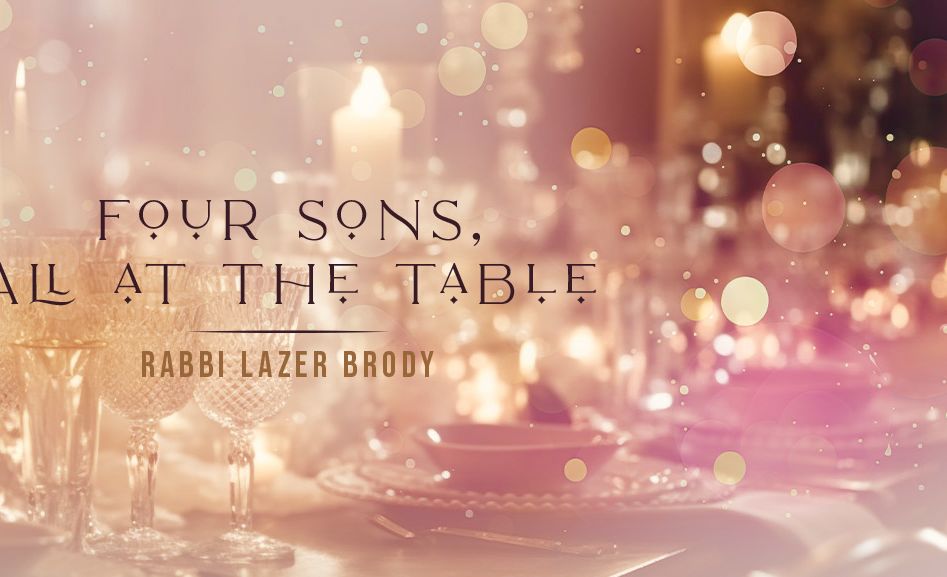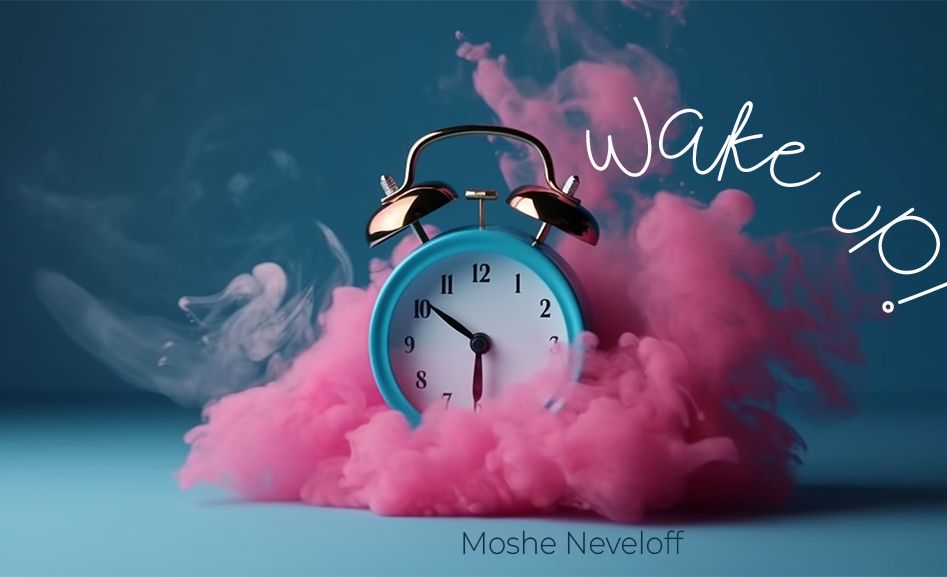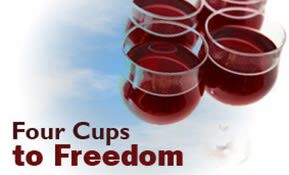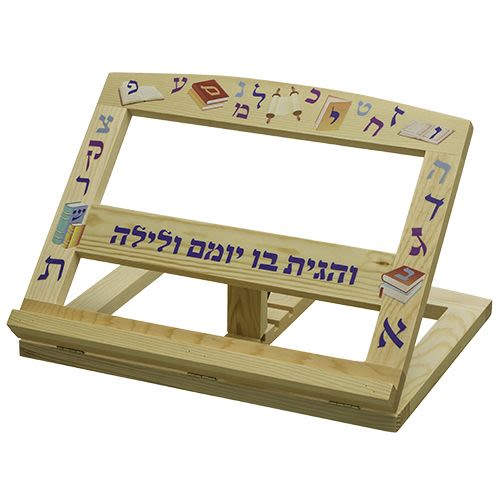
Stuck in the Mud
The Torah, by commanding us to serve Hashem every day as if it were our very first, prevents us from getting stuck in the mud and growing spiritually old...

Translated by Rabbi Lazer Brody
Why does the Passover Haggadah command us that in every generation, we should see ourselves as if Hashem took us out of Egypt? Is this a realistic thought? Does Hashem truly liberate us even today?
Notice that most people – even the chronologically young – act like old people in that they’re set in their ways and they fail to make new beginnings. Their performance of mitzvot or their daily prayers are sluggish and perfunctory, lacking excitement and vigor. These are the type of individuals whom Rebbe Nachman spoke about when he warned, “Don’t be old!”
On an emotional level, many can’t seem to turn the page in their own personal book of life and move forward  because they’re stuck in the mud of the past. Thoughts of, “I should have done this,” or “why did I do that” dominate their brains and drains the emotional and physical energy that should be pouring into the task at hand. This delving into the past is a trap of the evil inclination, whom King Solomon called the “old and foolish king”: old because he tries to impair our constant renewal and foolish because he leads us to foolishly squander our talents and energies by fretting about the past rather than concentrating on the present.
because they’re stuck in the mud of the past. Thoughts of, “I should have done this,” or “why did I do that” dominate their brains and drains the emotional and physical energy that should be pouring into the task at hand. This delving into the past is a trap of the evil inclination, whom King Solomon called the “old and foolish king”: old because he tries to impair our constant renewal and foolish because he leads us to foolishly squander our talents and energies by fretting about the past rather than concentrating on the present.
The Torah, by commanding us to serve Hashem every day as if it is our very first, prevents us from getting stuck in the mud and growing spiritually old.
Just remember – the moment at hand will never return and can never be replaced. We must take full advantage of it, and we cannot do so unless we are in constant renewal. For that reason, we can’t let the past bog us down.
According to Kabbala, Hashem’s governs the world each new moment by way of a different tziruf, a letter combination of His Holy Name. We learn from this that each moment is unique with rare opportunities that may never recur. Therefore, no hour is like a previous hour and no day is like a previous day. A past setback has nothing to do with the present or the future as long as we grab the moment at hand and declare a new beginning while looking forward without looking back.
Rebbe Natan of Breslev would arrive at the synagogue at call out, “I deserve a mazal tov (congratulations).” People would ask why, and inquire if there was a wedding or a birth in the family. Rebbe Natan would say, “I was just now born!” His constant self-renewal was the source of his phenomenal energy and formidable accomplishments.
A person with a less than positive track record – whether on earth or in the Heavenly court – need never despair. The evil inclination might tell him that he’s a loser or a sinner, but as soon as he declares a new beginning, he prevails over the evil inclination and starts anew with a clean slate.
Don’t think for a moment that I’m just patronizing or trying to make you feel good. The Gemara and Jewish religious law fully recognize and uphold the validity of a new beginning. If a person with the worst reputation in the world would request to betroth the pious daughter of the greatest rabbi in the world by giving her a ring that’s worth a prutah (a few pennies) and by saying, “I hereby betroth you on condition that I am a righteous man,” then the young lady is considered betrothed! The Gemara explains that if the ill-reputed person pondered teshuvah at the very moment of betrothal, then he was indeed righteous when he betrothed her, no matter what he did in the past! Such is the power of a new beginning.
If merely pondering a new beginning constitutes a fresh start in life, imagine the power of declaring a new beginning. And, if declaring a new beginning constitutes a fresh start in life, imagine the power of new and improved deeds and behavior patterns! They’re literally earth-shaking. Now we can understand how all our past transgressions and misdeeds are completely forgiven when we do teshuvah and make a sincere effort to start anew and better our ways.
Now we can understand why the Haggadah commands us to regard ourselves as newly freed from “Egypt.” “Egypt” is a metaphor for all the bad habits, bodily urges and social convention that enslaves us. On Pesach, we renew our connection of love with Hashem; for that reason, we say Shir HaShirim (“Song of Songs”) on Seder night after midnight. Hashem truly frees us in every generation, but we must have the desire to be free of flesh-and-blood overlords, and to serve Hashem only. Happy Pesach!












Tell us what you think!
Thank you for your comment!
It will be published after approval by the Editor.